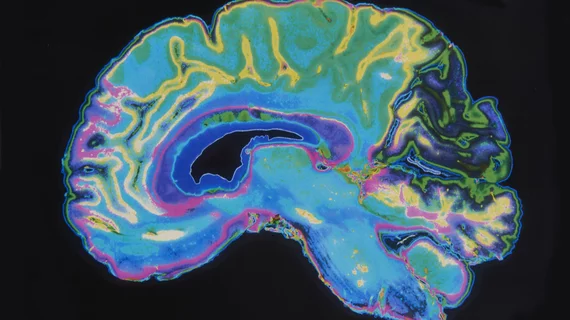AI is aiding in the diagnosis of several diseases and health risks, and researchers have recently found that machine learning can help predict the onset of psychosis, a debilitating mental disorder that can compromise an individual’s psychology and their ability to think and feel.
There aren’t any cures for psychosis, but early detection and intervention can slow down the decline in cognitive functioning, and the onset of psychosis is typically characterized through changes in thought, perception and communication. Detecting these changes can be difficult, as they can be subtle and indistinct.
That’s where natural language processing and machine learning can come in to better pick up on these subtle changes, constructing a digital phenotype that characterizes an individual’s knowledge representations and thought process. Researchers from Harvard Medical School and Emory School of Medicine set out to determine if natural language processing could pick up on these clues before a psychotic break. Their findings were recently published in npj Schizophrenia.
“Trying to hear these subtleties in conversations with people is like trying to see microscopic germs with your eyes,” Neguine Rezaii, MD, first author of the paper, said in a statement. “The automated technique we’ve developed is a really sensitive tool to detect these hidden patterns. It’s like a microscope for warning signs of psychosis.”
The researchers found that indicators of future mental health can in fact be picked up from people’s natural language through computational methods. They looked at speech samples from 40 patients in the North American Prodome Longitudinal Study (NAPLS) at Emory University and follow-ups were conducted for two years. To train the model, another 30 participants from the second phase of the study were included. They also used more than 30,000 Reddit posts to draft a speech baseline to build the algorithm,
Those in the prodromal phase of psychosis were more likely to have speech with low levels of semantic density and talked about voices and sounds. During the follow-up, seven individuals converted to psychosis, while 23 did not. Another five converters and five non-converters from the third phase of NAPLS were used to validate the model.
The model unpacked methods of speech through several processing analyses that sorted words by parts of speech and inflections, as well as expressing the meaning of the sentences as word embeddings. The automated process could predict whether an at-risk person would later develop psychosis with 93% accuracy.
The results even went beyond just detecting when psychosis was likely to occur.
“It was previously known that subtle features of future psychosis are present in people’s language, but we’ve used machine learning to actually uncover hidden details about those features,” Phillip Wolff, senior author and a professor of psychology at Emory, said in a statement.
The study is promising for the future of machine learning and natural language processing in the field of mental health, researchers said.
“This research is interesting not just for its potential to reveal more about mental illness, but for understanding how the mind works—how it puts ideas together,” Wolff said. “Machine learning technology is advancing so rapidly that it’s giving us tools to data mine the human mind.”

